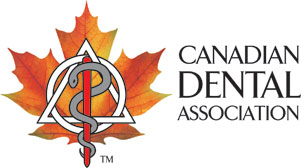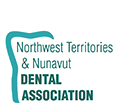There is no one-size-fits all approach to oral health treatment and pain management.
Over-the-counter medicines, like ibuprofen and acetaminophen, used individually or in combination, can be very effective for pain relief.
Used less frequently for many common dental procedures, narcotic pain relievers may be needed to meet a patient’s specifics needs and require a prescription from your dentist. There is a risk of addiction associated with opioids. When taken as prescribed for short periods of time, such as a few days after surgery or an injury, opioids can be an effective pain management tool and potential risk of addiction to opioids is reduced.
Take any medication exactly as your dentist or pharmacist have instructed.
Keep your health information current
If there are any changes to your overall or oral health:
- update your health history form at your dental office
- talk to your dentist about any changes in your medications, including natural supplements, edibles and marijuana, heart medication, insulin for diabetes, benzodiazepines or others
- tell your dentist if you are in recovery, have struggled with addiction in the past, or if anyone in your family has struggled with addiction
- ask your dentist about pain management options that are right for you
Before your dental procedure
If you are concerned about pain or bleeding resulting from your dental procedure, please talk to your dentist. Taking your current health information into account, your dentist will carefully consider the benefits and risks of various pain management options before prescribing any medication.
Tell your dentist whether you've had any alcohol, and how often you consume it. This discussion is important if you're going to be sedated for a dental procedure.
Helpful links
Canadian Dental Association
- Tips for Care After Minor Oral Surgery
- CDA Joins Canadian Pain Task Force in Calling for Action on Chronic Pain
Canadian Pain Task Force
- Resources for Canadians living with pain during COVID-19
- An Action Plan for Pain in Canada
- www.paincanada.ca
Government of Canada











